Podcast: Play in new window | Download (Duration: 35:25 — 24.3MB) | Embed
Subscribe: Apple Podcasts | Spotify | Amazon Music | Android | Pandora | iHeartRadio | JioSaavn | Podchaser | Gaana | Podcast Index | Email | TuneIn | Deezer | Anghami | RSS | More
 “Hey, Turn Around Bright Eyes”
“Hey, Turn Around Bright Eyes”
“Hey, Turn Around Bright Eyes,” or conversion, is the lead topic of this episode of “The Spiritual Journey Podcast with Kris McGregor.” A portion of this podcast was originally recorded during an episode of “The Good Book Club” segment on the Spirit Morning Show. Kris reflects on the story of King David and the composing of Psalm 51.
PSALM 51
Miserere
For the choirmaster
Psalm Of David
When the prophet Nathan came to him because he had been with Bathsheba
51:1 Have mercy on me, O God, in your goodness, in your great tenderness wipe away my faults;
51:2 wash me clean of my guilt, purify me from my sin.
51:3 For I am well aware of my faults, I have my sin constantly in mind,
51:4 having sinned against none other than you, having done what you regard as wrong. You are just when you pass sentence on me, blameless when you give judgement.
51:5 You know I was born guilty, a sinner from the moment of conception.
51:6 Yet, since you love sincerity of heart, teach me the secrets of wisdom.
51:7 Purify me with hyssop[*a] until I am clean; wash me until I am whiter than snow.
51:8 Instil some joy and gladness into me, let the bones you have crushed rejoice again.
51:9 Hide your face from my sins, wipe out all my guilt.
51:10 God, create a clean heart in me, put into me a new and constant spirit,
51:11 do not banish me from your presence, do not deprive me of your holy spirit.
51:12 Be my saviour again, renew my joy, keep my spirit steady and willing;
51:13 and I shall teach transgressors the way to you, and to you the sinners will return.
51:14 Save me from death, God my saviour, and my tongue will acclaim your righteousness;
51:15 Lord, open my lips, and my mouth will speak out your praise.
51:16 Sacrifice gives you no pleasure, were I to offer holocaust, you would not have it.
51:17 My sacrifice is this broken spirit, you will not scorn this crushed and broken heart.
51:18 Show your favour graciously to Zion, rebuild the walls of Jerusalem.[*b]
51:19 Then there will be proper sacrifice to please you – holocaust and whole oblation – and young bulls to be offered on your altar.
Excerpt from THE JERUSALEM BIBLE, copyright (c) 1966 by Darton, Longman & Todd, Ltd. and Doubleday, a division of Penguin Random House, Inc. Reprinted by Permission.
Other resources that might be helpful:
BKL#254 – The Key to Inner Healing – Building a Kingdom of Love w/ Msgr. John Esseff Podcast
POA3 – “Temptation” – Put On The Armor – A Manual for Spiritual Warfare w/Dr. Paul Thigpen Ph.D.
IP#231 Vinny Flynn – The 7 Secrets of Confession on Inside the Pages with Kris McGregor
Discerning Hearts Catholic Podcasts mentioned in the podcast:
Scriptural Stations of the Cross
Audio Scriptural Rosary of the Blessed Virgin Mary – Mp3 and Verse Texts
Kris McGregor Founder and editor/producer/executive director of “Discerning Hearts ®. To learn more about Kris visit here



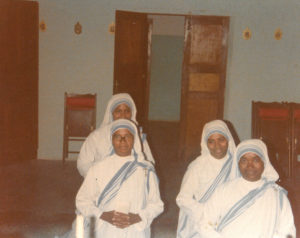
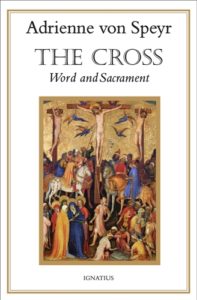


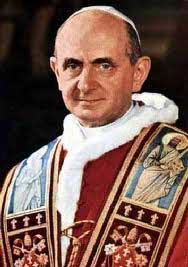
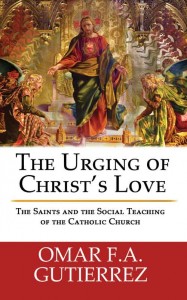
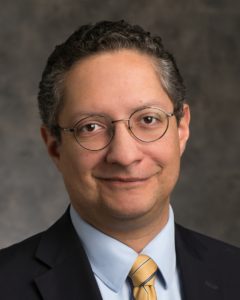
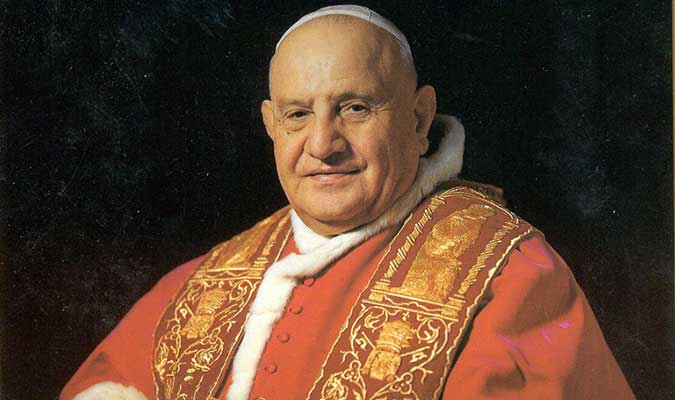
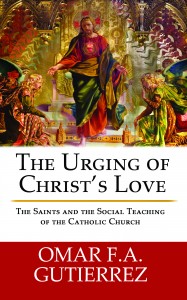
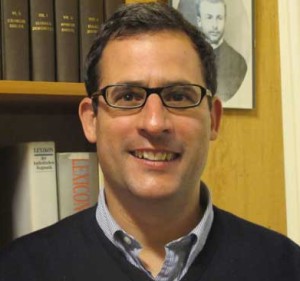
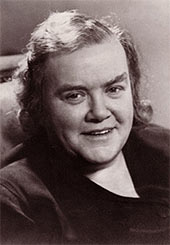 Adrienne von Speyr was a Swiss convert, mystic, wife, medical doctor and author of over 60 books on spirituality and theology. She’s inspired countless souls around the world to deepen their mission of prayer and compassion. She entered the Catholic Church under the direction of the great theologian, Hans Urs von Balthasar. In the years that would follow, they would co-found the secular institute, the Community of St. John.
Adrienne von Speyr was a Swiss convert, mystic, wife, medical doctor and author of over 60 books on spirituality and theology. She’s inspired countless souls around the world to deepen their mission of prayer and compassion. She entered the Catholic Church under the direction of the great theologian, Hans Urs von Balthasar. In the years that would follow, they would co-found the secular institute, the Community of St. John.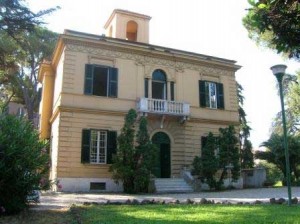
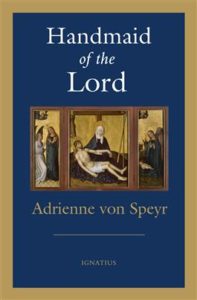
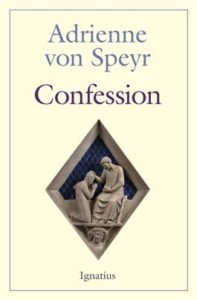

 Dr. Lilles continues the spiritual explorations of the Letters of St. Elizabeth of the Trinity. In this episode we discuss letter 335. In this special letter, shortly before her death, Elizabeth sends this letter to a friend Sister Marie-Odile. This is a very poignant letter and conversation.
Dr. Lilles continues the spiritual explorations of the Letters of St. Elizabeth of the Trinity. In this episode we discuss letter 335. In this special letter, shortly before her death, Elizabeth sends this letter to a friend Sister Marie-Odile. This is a very poignant letter and conversation.

